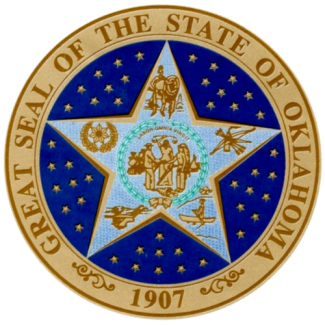Date of Offense
Offense(s)
Reporting Authority
Supporting Document(s)
Statement
On or about March 20, 2020, Jessica Arthur, witness advocate for Rogers County District Attorney’s Office received a phone call from S. Turner in which she informed Arthur she was scared of Wilkins and needed help. Arthur attempted to transfer the phone call to ADA George Gibbs, but he declined to take the call. Wilkins would fall victim to a homicide later that day. Turner’s son would later be charged and convicted of Murder in The First Degree for the death of Wilkins. Jessica Arthur, documented the phone call, then sat on the information for months until she realized it may be a critical element to the case. On or about 09/24/2021 Aurthur disclosed the information to ADA Kaylind Landes in fear she would be held responsible if the information wasn’t disclosed. ADA Landes consults with ADA Madison Shockley who confirms the call is material to the defense and an ethical duty to disclose. 09/25/2021 – ADA Shockley informs ADA Isaac Shields via Email. 09/27/2021 – ADA Shockley informs District Attorney Matt Ballard and 1st Assistant Attorney Brian Suber of the “potential exculpatory evidence that the state did not turn over in discovery”. 09/28/2021 – DA Ballard thanks Shockley for bringing it to his attention, denies non-disclosure. October 6th 2021 – ADA’s Isaac Shields and George Gibbs prosecute the Turner trial (CF-2020-201) without disclosing the phone call to defense. The two are later caught allegedly spying on jury deliberations via the court room security equipment (see letter from Ballard to OKAG attached). 10/04/2021 – Kaylind Landes resigns from Rogers County DA’s Office after a “threatening” encounter with ADA Isaac Shields. 10/12/2021 – Madison Shockley resigns from Rogers County DA’s Office.









![Peace Officer Standards & Training [POST] Departments Peace Officer Standards & Training [POST] Departments](/sites/default/files/styles/large/public/2023-07/Brady.png?itok=xsIFvU8R)
![Organizations [Law Enforcement et al.] Organizations [Law Enforcement et al.]](/sites/default/files/styles/large/public/2023-07/Brady%20%282%29.png?itok=H7Pj15F8)

